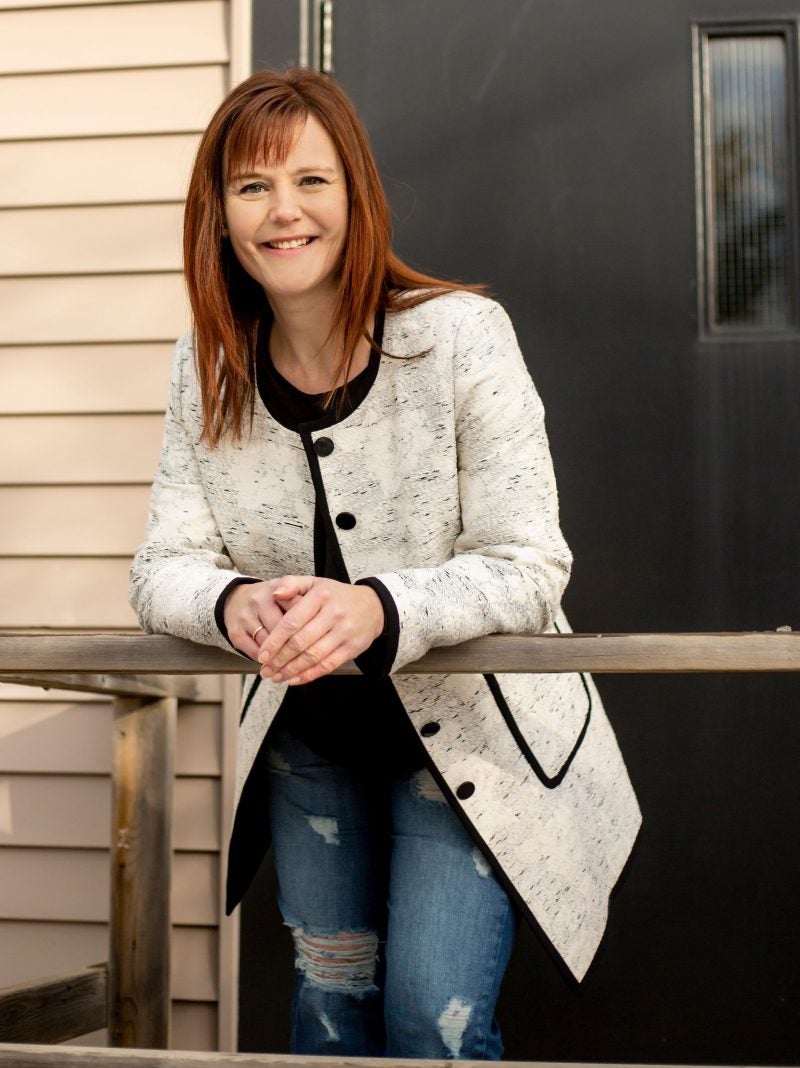Why are more men hiring female business coaches?
Men feel it’s safer to talk to women, and know it’s tough out there for women in business, which is why most men prefer female experts as business coaches. That’s according to two entrepreneurial development experts, who say their male mentees would rather get coached by women.

Kara Deringer, a success coach, organizational consultant and four-time bestselling author, said she thinks women business coaches often offer men a different perspective. Deringer has coached hundreds of men over the years – as an instructor at the University of Alberta, as a teacher of mediation and negotiation, as a life coach, and as an employer.
“I do think that men recognize some of the challenges that women face in business – such as overcoming unconscious biases and stigma,” Deringer said. That greater challenge for women could give them a different outlook, according to Deringer.
“As such, men recognize that it arguably takes some rigor and stamina for a woman to be successful in business.”
Even though Tracy Blehm specializes in helping women entrepreneurs, she’s been training around 18 men every year for the past five years. She believes men prefer women guiding them in business because men want to be held accountable without feeling poorly about themselves.

“We don’t come off as harsh when keeping them accountable to the work they are doing,” Blehm said. “We also factor in self-care time, and family time, as being critical to their business success, so they are excited about their building, versus feeling stuck… and their family misses out.”
Derringer concurred that women coaches encourage men to make time for a work-life balance.
“Men, and people in general, like to work with people who are easy to work with. Because I am astute to the complexities and nuances in life, I strive to adapt to my male client,” Deringer said. “If he thinks it might be helpful for me to have a conversation with his wife, or his boss, to get insight into his blind spots, I’ll do that. If he wants to have a coaching session at 10pm after his family is in bed or at work squeezed between meetings, I’ll do that.”
Some men may not feel like they can discuss their feelings with other men, but can with women, according to Blehm.
“They are also able to discuss their emotions and mindsets with us in a way where they feel supported versus being judged as not being ‘man enough’,” Blehm said. “They also are able to bring up issues with their partners and spouses, and receive coaching on how to balance their personal lives with their business, from a female point of view.”
The first man Blehm ever coached told her he preferred speaking to a woman, and every male client has expressed the same sentiment.
“After our first session, he mentioned how relieved he felt in sharing his struggles with me, and that it was way more nurturing and less aggressive for him than working with male coaches in the past,” Blehm said. “That is not to say that there isn’t nurturing male coaches out there, or highly aggressive female coaches, this was just his experience.”
Some of Derringer’s male clients have expressed surprise to just how empathetic she is as a business coach.

“Men have said to me, ‘How come you’re so good at reading between the lines?’ Or they’ve said, ‘How did you know that? I’ve never told you that before.’ I think women can be particularly careful and empathetic listeners,” Deringer said. “Sometimes we just have an intuitive way of picking up on signals.”
As for these unprecedented times, the advice Deringer offers her male clients is what she calls “creative disruption.”
“We need to innovate, test, and evaluate,” she said.
One example is having the gumption to connect to your own network for help – to reach out to someone who can coach you, or friends you can lean on, to spread the word about your business.
“Even though we are to be keeping our distance from each other, I think the pandemic has reminded us of the need to stick together, ironically enough.”



















